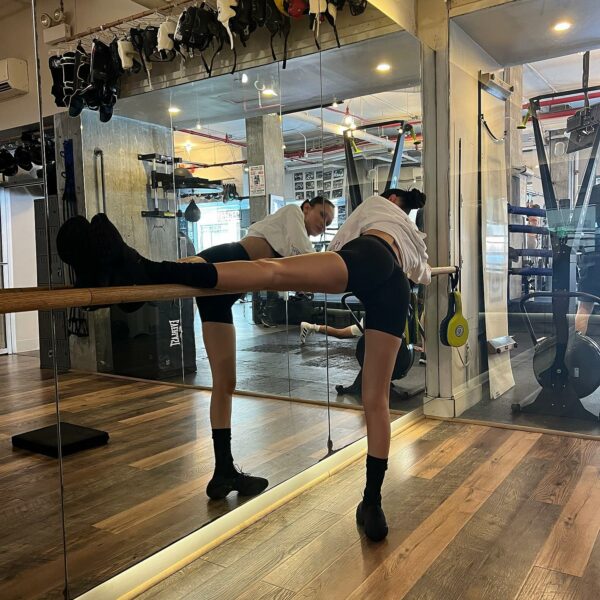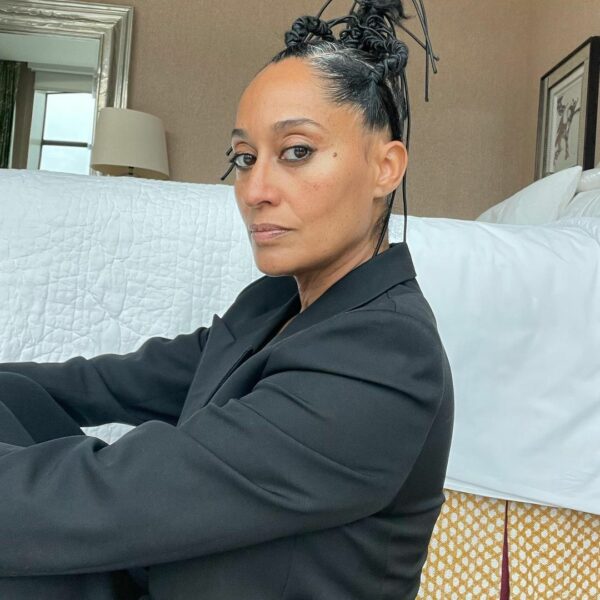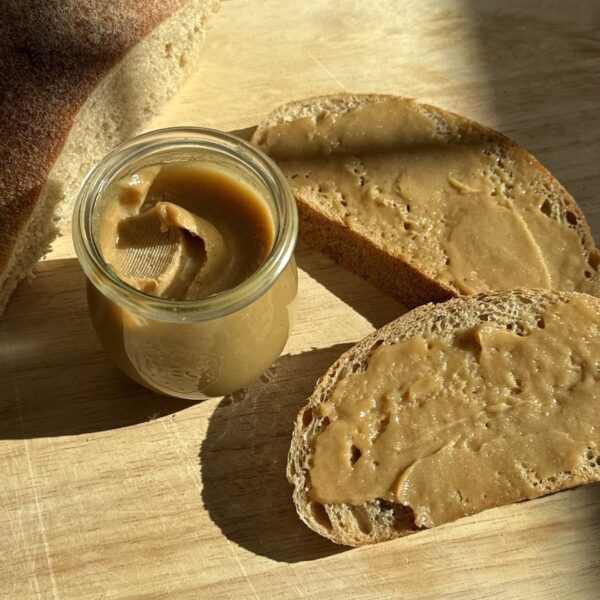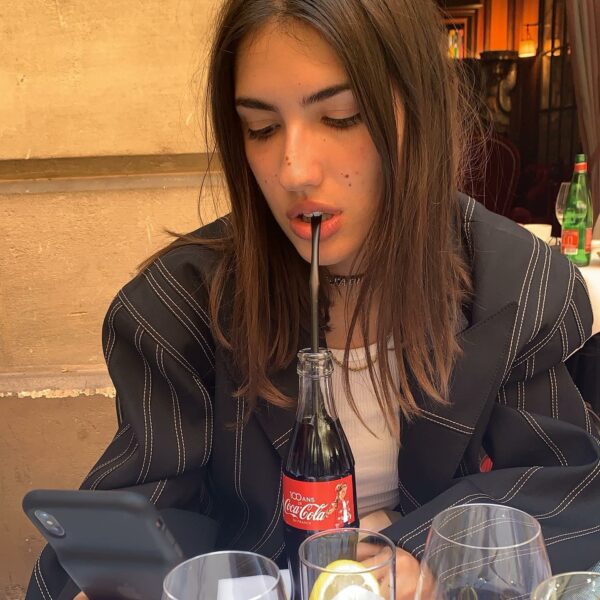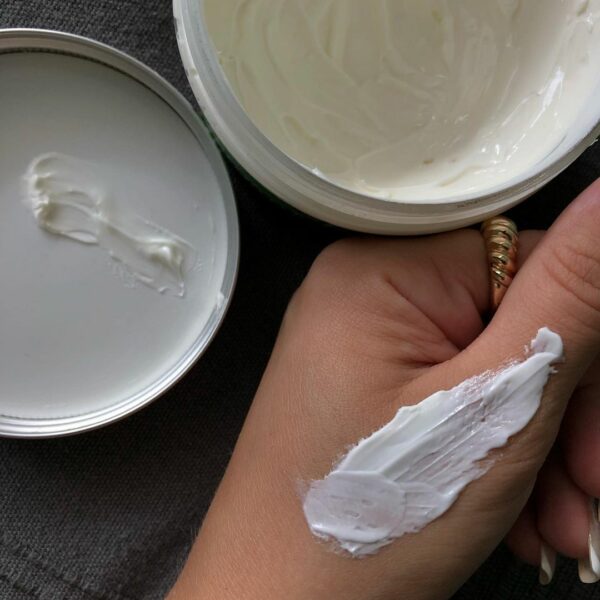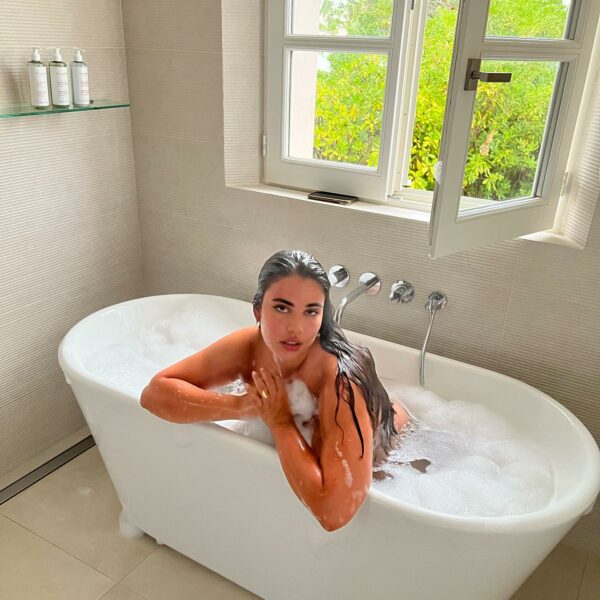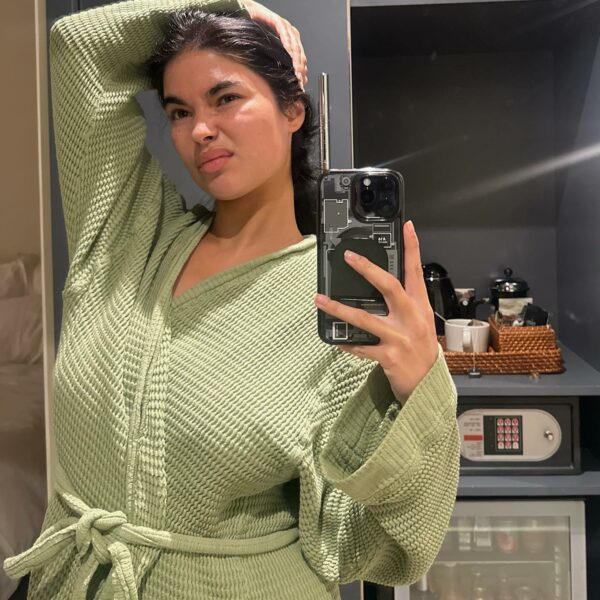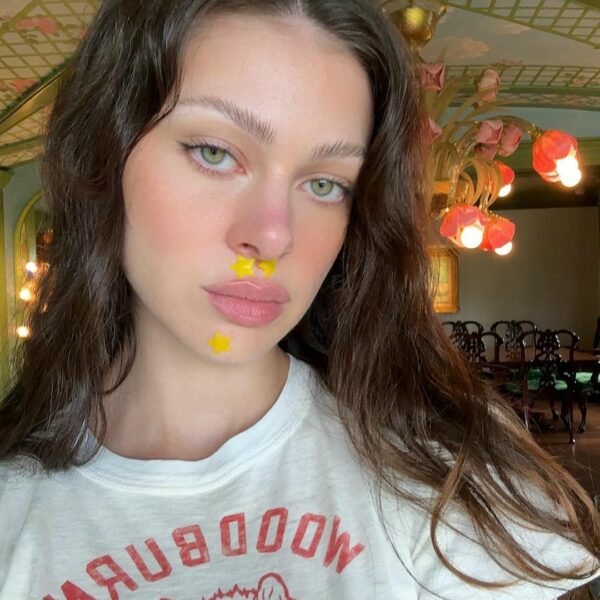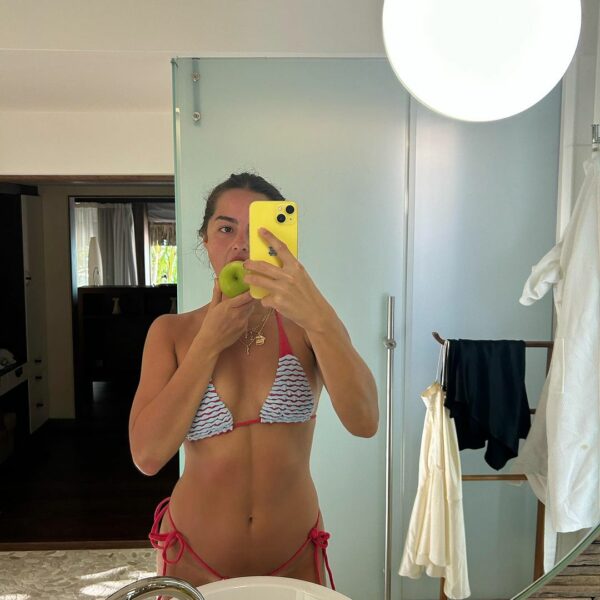When I was six years old, I proudly informed my mother that someday I would grow up and become—drum roll, please—the world’s best cashier. I could hardly imagine having that much power—voiding any purchase I wanted, tapping on the register keys with long fake nails, and printing 100 receipts at a time (I didn’t quite share my current sentiment for protecting the planet back then).
Eventually I turned 13 and my reverence for the cash register gave way to a fierce passion for dance, which would continue to evolve into a fascination for a few hundred other occupations. While I regularly wondered what my life’s work would be, I was not concerned about whether or not it would be possible for me because of my gender. Then again, I am in the minority of women who have never experienced managing menstruation as a barrier to education, employment, and equal opportunity.
When a girl’s basic needs are met, she can focus less on surviving in the world and more on transforming it. But without a solution to manage monthly cycles, over eight million girls in Sub-Saharan Africa miss up to one week of school every month. Many girls stop going entirely once they start their period. Can you imagine if this was our reality—if you and I were forced to drop out of school and let go of our dreams because we were unable to access or afford period products? Now, imagine a world in which this was no longer anyone’s reality. What would happen if every woman and girl were able to manage menstruation?
According to UNICEF, menstrual hygiene interventions enable girls to overcome obstacles to their health, freedom, and opportunities such as gender-based violence, school dropout, and child marriage. Not only does this benefit girls individually, it also benefits the countries in which they live. As Dr. Ntaiya explained in her TED Talk on the importance of educating girls, “Child marriage is expected to cost the global economy trillions of dollars over the next 15 years … but what child marriage will cost my village is the doctor, the teacher, the entrepreneur.” Investing in a girl’s education by ensuring she can manage menstruation has profound impacts on her future employability, her country’s economic development, and gender equality at large.
So, what menstrual hygiene interventions are available to girls destined to be doctors, teachers, and entrepreneurs in the developing world?
In regions like Uganda, when girls cannot access or afford feminine hygiene products, they use mud, rags, or leaves to stop the bleeding. Of course, this causes severe discomfort and even infection. Period products that require insertion (think tampons and menstrual cups) are considered taboo as they violate the cultural concept of virginity. This makes pads the safest and most feasible solution. Unfortunately, disposable pads can take centuries to biodegrade.
While various initiatives are increasing accessibility to affordable, washable pads, many girls lack access to underwear. Without panties to hold washable pads in place, the struggle to manage menstruation continues. Could something as simple as a pair of panties increase education and employment possibilities for women and girls in Uganda?
I recently joined the Board of Directors for Khana, a nonprofit on a mission to ensure every girl has the panties she needs to manage menstruation and stay in school—starting with Uganda. Through funding generated from donations and online sales, Khana gives girls in Uganda the panties they need to hold pads in place. These panties are manufactured in Uganda to create jobs and contribute to economic sustainability. Then, they are distributed through select Days for Girls kits, which include washable pads, menstruation education, and more. It’s that simple. Exceptional quality for you, equal opportunity for her. That’s the possibility of just one pair.
This Menstrual Hygiene Day, there are several ways to get involved.
1. CONTINUE THE CONVO
Join Kourt and me on Twitter to discuss all things menstruation at @kourtneykardash and @steph_shep.
2. SHOP SUSTAINABLY
Ditch toxic products and shop sustainably instead. For organic pads and tampons, sign up for Lola’s subscription box (my fave). For menstrual cups, try the Lena Cup (I’ve heard great things).
3. SHOW YOUR SUPPORT
By supporting Khana, you are ensuring every girl has the panties she needs to manage menstruation and stay in school, beginning with Uganda. Shop or donate today at khanapanties.com.
In the United States, Uganda, and around the globe, menstruation makes life possible. Happy World Menstrual Hygiene Day.







